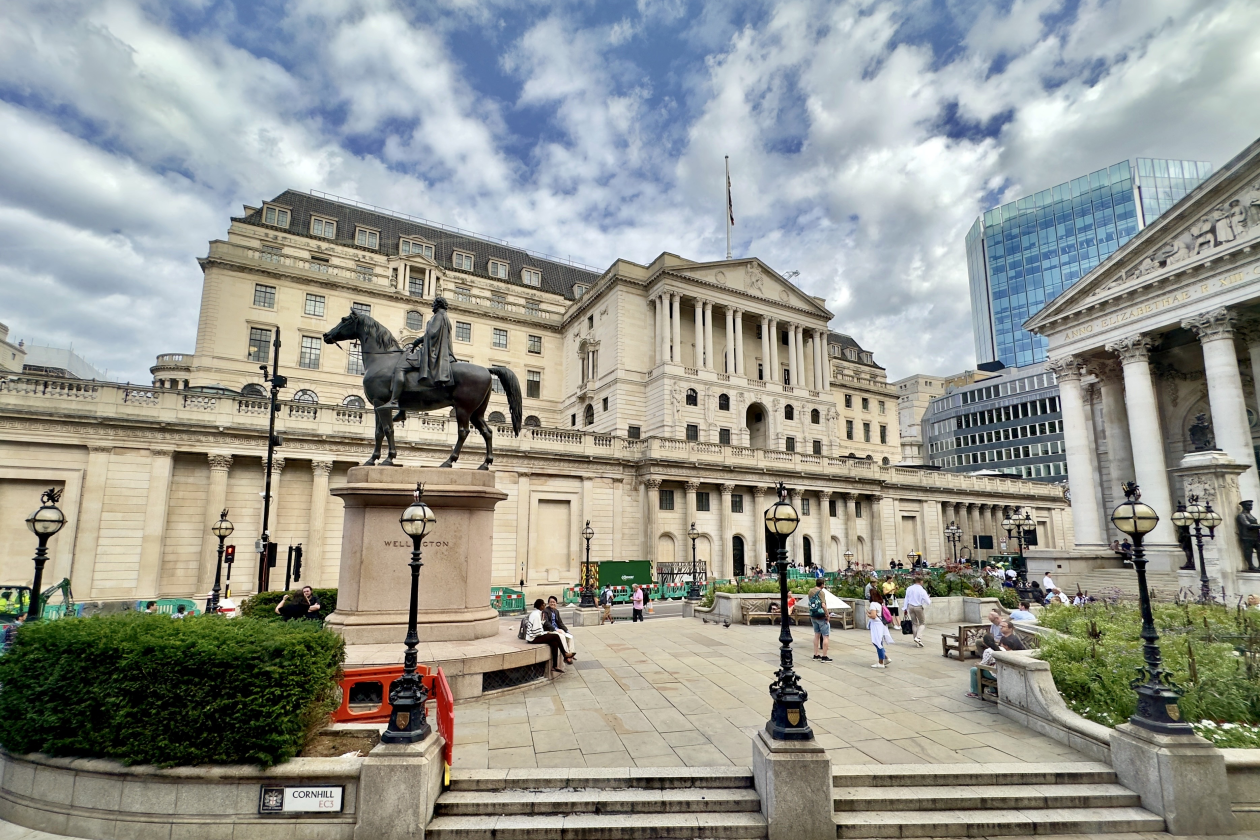The UK has around £430bn in excess savings, potentially missing out on higher returns from investing.
Nearly 13 million adults are holding more than the recommended six months’ worth of income as emergency cash savings. So, for those who won’t need this money for at least the next five years, you could be earning more in the long-term by investing in the stock market.
For those in retirement, having one to three years of expenses in accessible savings is suggested.
Investing in shares has historically outperformed holding cash in 91% of 10-year periods over more than 100 years.
So, why should savers start investing their excess cash?
Remember, unlike cash, investments can rise and fall in value, so you could get back less than you invest. Past performance also isn’t a guide to future returns.
This article isn’t personal advice. If you’re not sure if an action is right for you, ask for advice.
Savings rates are falling
The Bank of England started cutting rates over the summer period, despite choosing to hold them at 5% in September, but savings returns have been falling.
Since the end of last year, the average one-year fixed rate has fallen by more than half a percent, down to 4.43% from 5.13% – its lowest in 14 months.
For easy-access accounts, the drop has been far slower, only falling from 3.16% in October last year to 3.07% today.
And with inflation sitting at 2.2%, cash savings run the risk of barely outpacing inflation, shrinking the power of your money.
There’s still time to find competitive rates, if you look in the right places.
But while it’s important to keep hold of some cash for emergencies, savers should consider putting any excess to work in the stock market.
Why should you invest?
In the short term, investing can sway on emotions or market sentiment. What’s trendy one day isn’t the next. But over the long term, your investments are likely to grow over time – especially compared to just holding cash alone. Performance isn’t guaranteed however and there’s always some risk when investing.
By putting your excess cash savings to work in the stock market over the long term, you can ride out the ups and downs, leaving you with a bigger nest egg for the future. All while helping supplement your cash savings.
The perfect time to invest is yesterday
If you invested before 2008’s financial crisis, you’d be ahead today with markets growing despite stuttering for that year. Add in the pandemic in 2020 where markets faltered again, and even if you’d invested just before then, you’d still be ahead by the end of 2023.
The best time to invest was yesterday, but the next best time is today.
However, with a fifth of UK savers thinking they don’t have sufficient knowledge to invest in stocks, there’s an alternative – investing in funds.
Funds are a great option for simple and effective long-term investing.
Funds pool together money from lots of investors. They invest in a collection of investments which are chosen and run by a professional fund manager, so you’ll benefit from the manager’s knowledge, expertise and research into lots of different companies.
Funds come in all shapes and sizes – some invest purely into company shares, which could be considered for portfolios willing to accept more risk. Others hold a mix of investment types like shares, bonds, commodities and cash for a more conservative way to invest.
Investing in funds isn’t right for everyone. You should only invest in funds if you have the time and know-how to diversify your portfolio to help reduce risk.
Before investing it’s important to check the fund’s objectives align with your own, understand the fund’s specific risks and if there’s a gap in your portfolio for that type of investment.
With global rate cuts looking more likely for the rest of the year, explore our latest investment ideas that could benefit in a lower interest rate environment.




